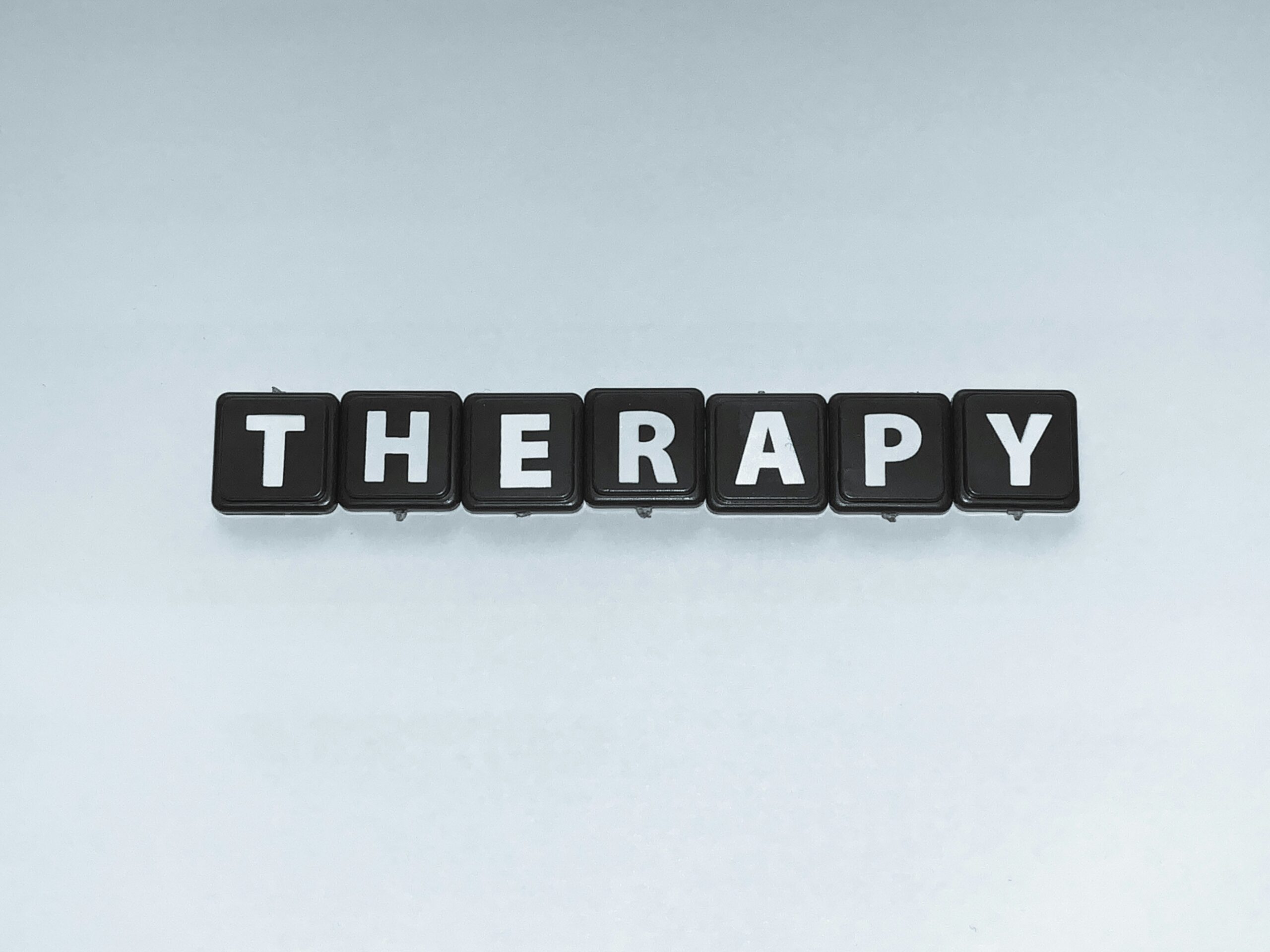by Anna Stewart LMSW

Eating disorders are intricate conditions that intertwine medical and mental health challenges. It is vital to acknowledge that these disorders are not a choice; they are serious illnesses that demand our compassion and informed intervention. For too long, treatment has focused predominantly on physical health. However, groundbreaking insights now reveal that integrating mental health services into treatment yields profound and lasting improvements in
recovery. Therapy is a fundamental pillar in the battle against eating disorders. Engaging in evidence-based psychological therapies has demonstrated remarkable efficacy in alleviating distress and reducing symptoms. These interventions are most powerful when incorporated into a comprehensive, multidisciplinary approach that combines medical care, nutrition guidance, and robust support systems. Involving family and caregivers in treatment enhances effectiveness, reinforcing the critical role of a nurturing support network.

Embarking on therapy can be a daunting experience, especially amid uncertainty or prior negative experiences. It’s perfectly normal to feel apprehensive navigating the emotional complexities that arise. To empower yourself, consider reaching out to your therapist before your
session to discuss your concerns or questions. This proactive engagement sets the stage for a fruitful dialogue, allowing you and your therapist to prepare for meaningful and constructive discussions. As therapists, our primary goal is to create a safe, nurturing environment where transformative change can flourish. Recognizing that change is often a gradual process is essential for building a strong therapeutic alliance. Each person’s path to recovery is distinct; while some may grapple with resistance to change, others may eagerly embrace the therapeutic process. A skilled therapist keenly observes these dynamics, assessing progress within therapy sessions and in daily life. The heart of effective therapy lies in genuine empathy and
understanding. A proficient therapist not only possesses a deep understanding of psychological principles but also an awareness of the complexities surrounding eating disorders. Collaborating with registered dietitians ensures a holistic approach that addresses every facet of your health—physical, emotional, and psychological.

Remember, the journey toward lasting change begins with you. Recovery requires dedication and effort, but having a supportive therapist can catalyze your growth. Embrace the process and extend to yourself the grace, patience, and empathy you deserve. Recovery may be filled with ups and downs; some days will be challenging, while others will shine brightly. Each step forward, regardless of size, propels you closer to your goals. At Unbound Recovery, we believe wholeheartedly in your potential for transformation. You matter deeply, and your presence enriches the world around you. As you strive to become the best version of yourself, know that you are not alone. Your journey not only benefits you but also those who care about you. When you're ready to embrace change, we would be honored to guide you on your path to a healthier, happier life.
References
Anna Stewart , LMSW has an empathetic, compassionate counseling style and passion for serving those with eating disorders and body image issues. She is currently accepting new clients in Topeka and Manhattan.
Unbound Recovery is dedicated and committed to providing the best eating disorder treatment care to Kansas Residents. If you would like to refer clients to us, please fax referral information to: 785-534-5014. We will contact clients and get them scheduled for services. Our providers will provide updates to you on a regular basis.

by Taylor Curtright, M.Ed., LPC on February 20th, 2025
Unbound Recovery is excited to announce that our 2nd location is now open! Our outpatient clinic in Topeka, KS is currently accepting clients who struggle with eating disorders. We have both therapy and nutrition services available. Services include the following:
Our Manhattan office is also accepting new clients for both mental health therapy and nutrition counseling services! Both locations offer in-person and telehealth services.
Both locations accept most major insurances. We also have a same day cash rate.
Topeka Location Address and Contact Information:
3601 SW 29th Street, Suite 128 & 213
Topeka, KS 66614
785-510-3008
Manhattan Location address and Contact Information:
1201 Poyntz Avenue
Manhattan, KS 66502
785-510-3008
Eating disorders are serious, life-threatening psychiatric illnesses in which individuals experience disturbances in their eating behaviors, related thoughts, and emotions. Approximately 10,200 deaths per year, or one death every 52 minutes, are the direct result of an eating disorder; with anorexia nervosa having the highest case mortality rate and second-highest crude mortality rate of any mental illness (1).
Contrary to some beliefs, eating disorders are not a choice; they are complex medical and psychiatric illnesses, in which biological, environmental, and social elements play a role. Eating disorders commonly co-occur with other mental health conditions (2), as over 70% of people who struggle with an eating disorder, also struggle with other conditions (1) such as depression, anxiety, and obsessive compulsive disorder, among others (2). They also have life-threatening medical complications.
Research shows that the earlier the treatment, the better the outcomes for the treatment of eating disorders. Many studies also suggest that only about ⅓ of eating disorders were detected by healthcare providers (3). Screening can be an effective method for early detection of eating disorders. The SCOFF Questionnaire is a five-question screening tool used to clarify suspicion that an eating disorder may exist (4). It can be delivered verbally or in written form.
An answer of ‘yes’ to two or more questions warrants further questioning and more comprehensive assessment.
Two additional questions have been shown to indicate a high sensitivity and specificity for bulimia nervosa. These questions indicate a need for further questioning and discussion.
Eating disorders present with many medical complications and can be unique to the eating disorder behaviors that the individual participates in, including restrictive behaviors and/or compensatory behaviors (laxatives, diuretics, self-induced vomiting, over-exercise).
| Restrictive Behaviors Complications | Compensatory Behaviors Complications |
| -Gastrointestinal issues -Gastroparesis -Constipation -Stomach Pain -Bloating -GERD -Bone Density Loss -Hypothalamic hypogonadism -Hypoglycemia and sudden cardiac death -Bone marrow failure -Liver abnormalities -Skin, hair, nail abnormalities -Other complications associated with malnutrition and energy deficiency -Starved thinking (rigid, fearful, obsessive thoughts) | -Abrupt electrolyte changes and cardiac arrest -Dental damage -Barrett’s esophagus and GERD -Rumination -Gastritis, ulcers, upper GI tract bleeding, esophageal tears -Parotid hypertrophy -Dehydration -Pancreatitis and kidney stones (laxative abuse) -Kidney failure (diuretic abuse) -Pseudo-Bartter Syndrome and rebound edema (when purging stops) -Other complications associated with energy deficiency and malnutrition |
Because eating disorders present with medical, nutritional, and psychological complications, a collaborative, multi-disciplinary team approach is necessary in the treatment of eating disorders. Common providers involved in the care of an individual include:
Unbound Recovery is an outpatient clinic in Manhattan and Topeka, KS that specializes in the treatment of individuals struggling with eating disorders, disordered eating, chronic dieting, body image concerns, and coexisting mental health conditions. Unbound Recovery has both mental health therapists and dietitians who collaborate with outside providers to establish a team approach for the treatment of eating disorders. Our director, Dr. Amber Howells is a Certified Eating Disorder Specialist. Our other providers have received specialized training in eating disorders and are currently working towards becoming a Certified Eating Disorder Specialist (CEDS).
Medical Management Recommendations:
Our providers will often make medical management recommendations to primary care providers to ensure the safety of treatment in the outpatient setting. Recommendations are based on evidence-based resources and the severity of the eating disorder symptoms and behaviors. These recommendations often include the following:
References
Unbound Recovery is dedicated and committed to providing the best eating disorder treatment care to Kansas Residents. If you would like to refer clients to us, please fax referral information to: 785-534-5014. We will contact clients and get them scheduled for services. Our providers will provide updates to you on a regular basis.

Please welcome one of our newest team members at Unbound Recovery, Hannah Coates, Therapy Intern. Hannah is currently working on her M.Ed. in Clinical Mental Health Counseling from Wichita State University and has her BS in psychology from Kansas State University. Her background as both a collegiate athlete and a first responder, bring a unique perspective to counseling and have fostered a deep interest and growing expertise in areas such as trauma counseling, anxiety, depression, imposter syndrome, high-functioning neurodivergence, and the complexities of grief, loss, and death. Hannah is dedicated to cultivating a safe and welcoming space where clients feel supported and heard. She uses empathy and understanding to connect with each client’s unique experiences, fostering a nonjudgmental space that encourages open communication and builds trust. Taking an integrative approach, she works with each individual client to establish a treatment plan specific to their needs and goals. Hannah is passionate about empowering her clients to navigate life’s challenges, and strives to use compassion and understanding to let her clients know they are not alone in their journey. Hannah is currently accepting new therapy clients at the Manhattan location for a reduced rate!
Please welcome our new team member at Unbound Recovery, Sarah Hoing, RDN. We are thrilled to have Sarah joining our team with her experience and passion working with women and children. Sarah is excited about specializing in providing excellent treatment to those who are struggling with eating disorders and body image issues. She will start seeing nutrition clients at both the Manhattan and Topeka locations in March!
Please welcome another new team member at Unbound Recovery, Anna Stewart , LMSW. We are thrilled to have Anna joining our team with her empathetic, compassionate counseling style and passion for serving those with eating disorders and body image issues. She will start seeing therapy clients at both the Manhattan and Topeka locations in March!